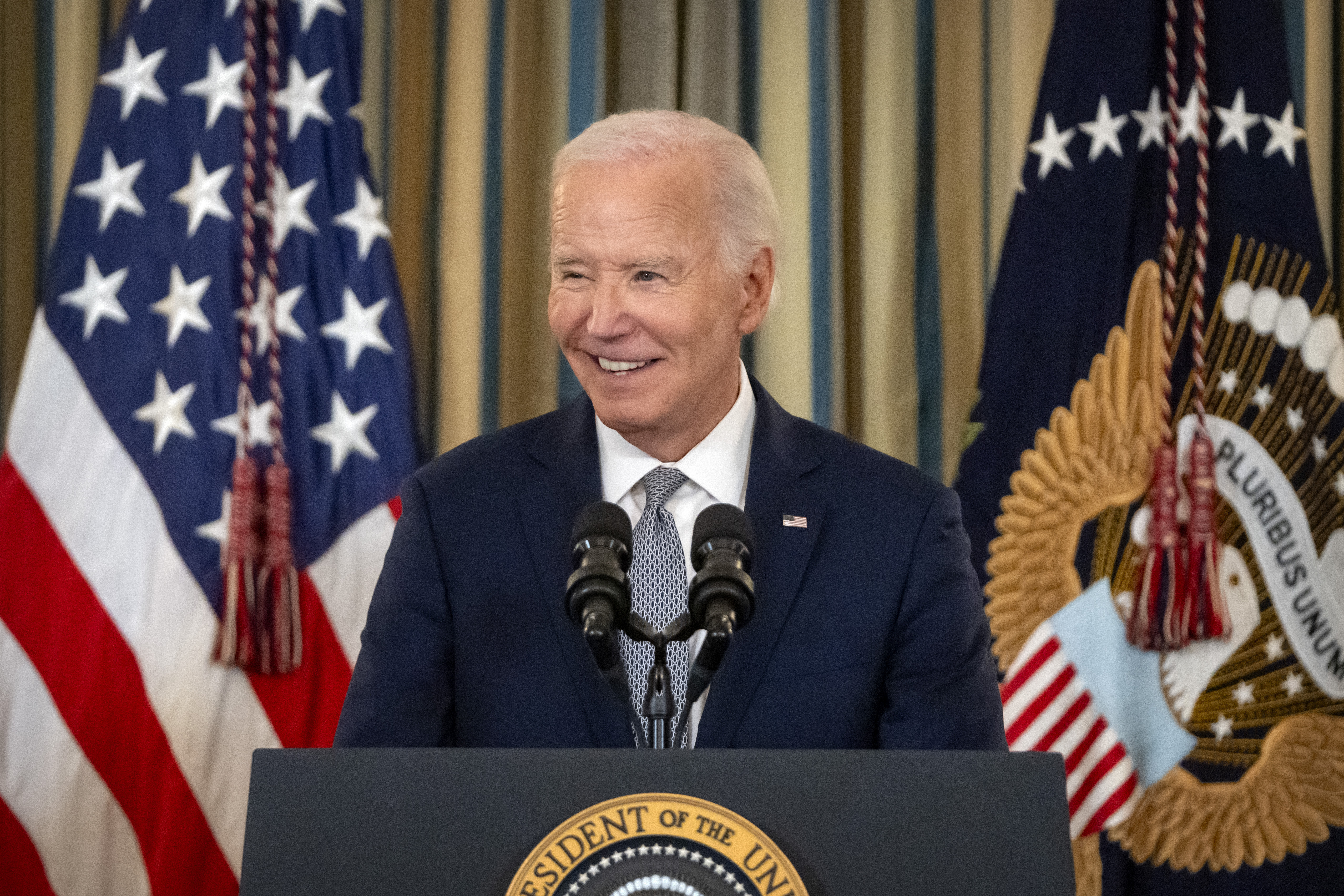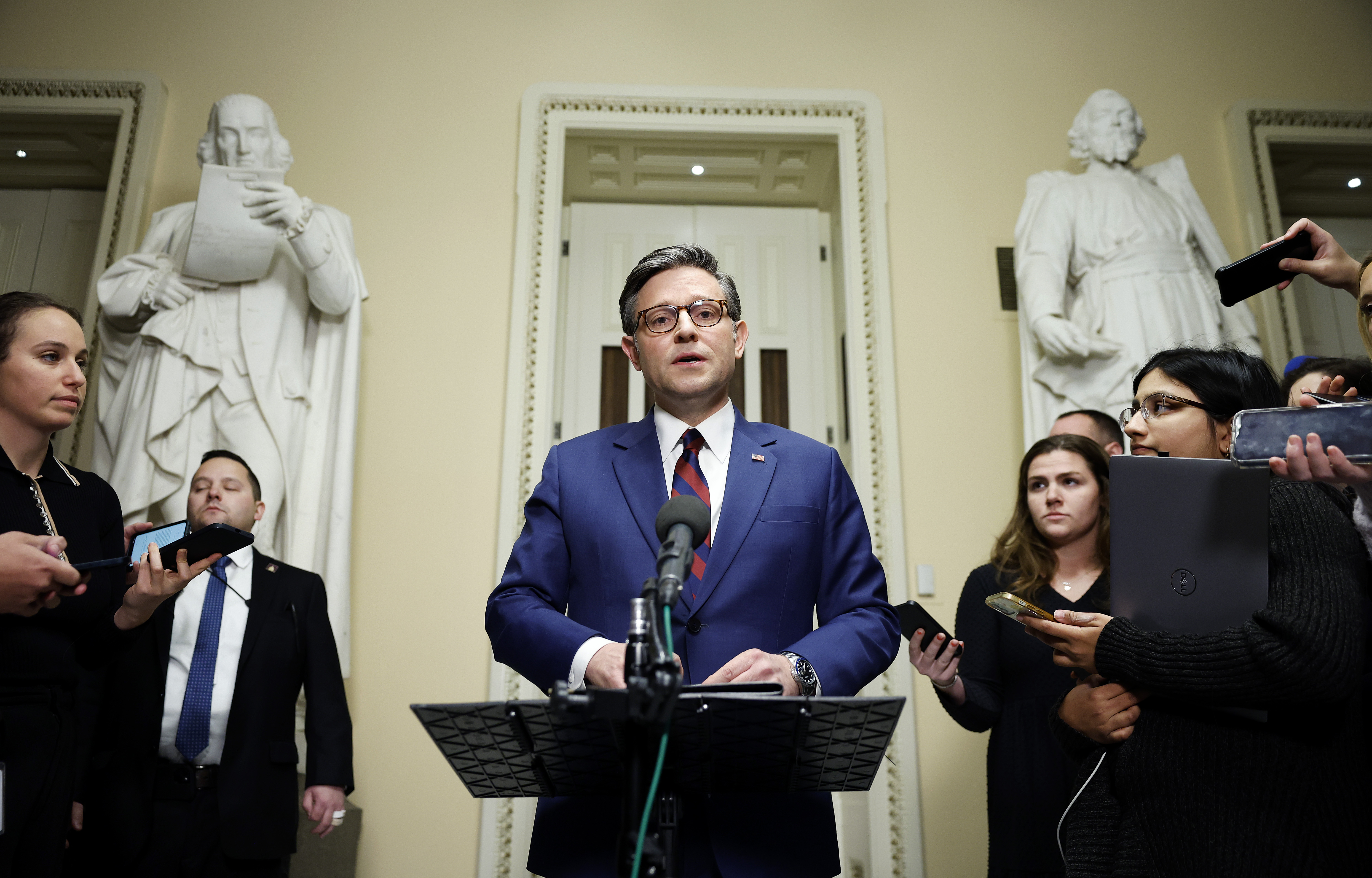The biggest problem with California's high-speed rail project may not be that it's estimated to cost $70 billion -- money the state doesn't have. The biggest problem may be that, by the time it's built in 20 years or so, high-speed rail may be obsolete.
So suggests one of California's most celebrated entrepreneurs, Elon Musk, in an interview with the magazine Bloomberg BusinessWeek.
Musk, best known for the private firm SpaceX and the electric car company Tesla, takes a shot at high-speed rail by way of declaring that he's working on an alternative -- a new, solar-powered technology that would get people from downtown Los Angeles to downtown San Francisco in just 30 minutes.
If he pulls it off, it would be faster than planes, and five time faster than the high-speed rail project, which, according to current projections, would require nearly 3 hours for the same journey.
Musk calls his new transportation technology "Hyperloop." The magazine explains:
On the assumption that people will be living on earth for some time, Musk is cooking up plans for something he calls the Hyperloop. He won’t share specifics but says it’s some sort of tube capable of taking someone from downtown San Francisco to Los Angeles in 30 minutes. He calls it a “fifth mode of transportation”—the previous four being train, plane, automobile, and boat. “What you want is something that never crashes, that’s at least twice as fast as a plane, that’s solar powered and that leaves right when you arrive, so there is no waiting for a specific departure time,” Musk says. His friends claim he’s had a Hyperloop technological breakthrough over the summer. “I’d like to talk to the governor and president about it,” Musk continues.
Musk, as is well known, is a big-thinking visionary whose companies have had trouble turning technologies into real products and advances. So skepticism about this scheme is highly warranted.
U.S. & World
But it's a reminder that the world changes fast, and technology is advancing. And a state that bets tens of billions of dollars on a technology -- high-speed rail -- that is already old could be making a historically bad bet. And not just because of all the money required.
Lead Prop Zero blogger Joe Mathews is California editor at Zocalo Public Square, a fellow at Arizona State University’s Center for Social Cohesion, and co-author of California Crackup: How Reform Broke the Golden State and How We Can Fix It (University of California, 2010).
Send us your thoughts via Twitter @PropZero or add your comment to our Facebook page.



